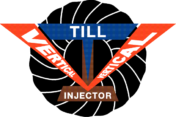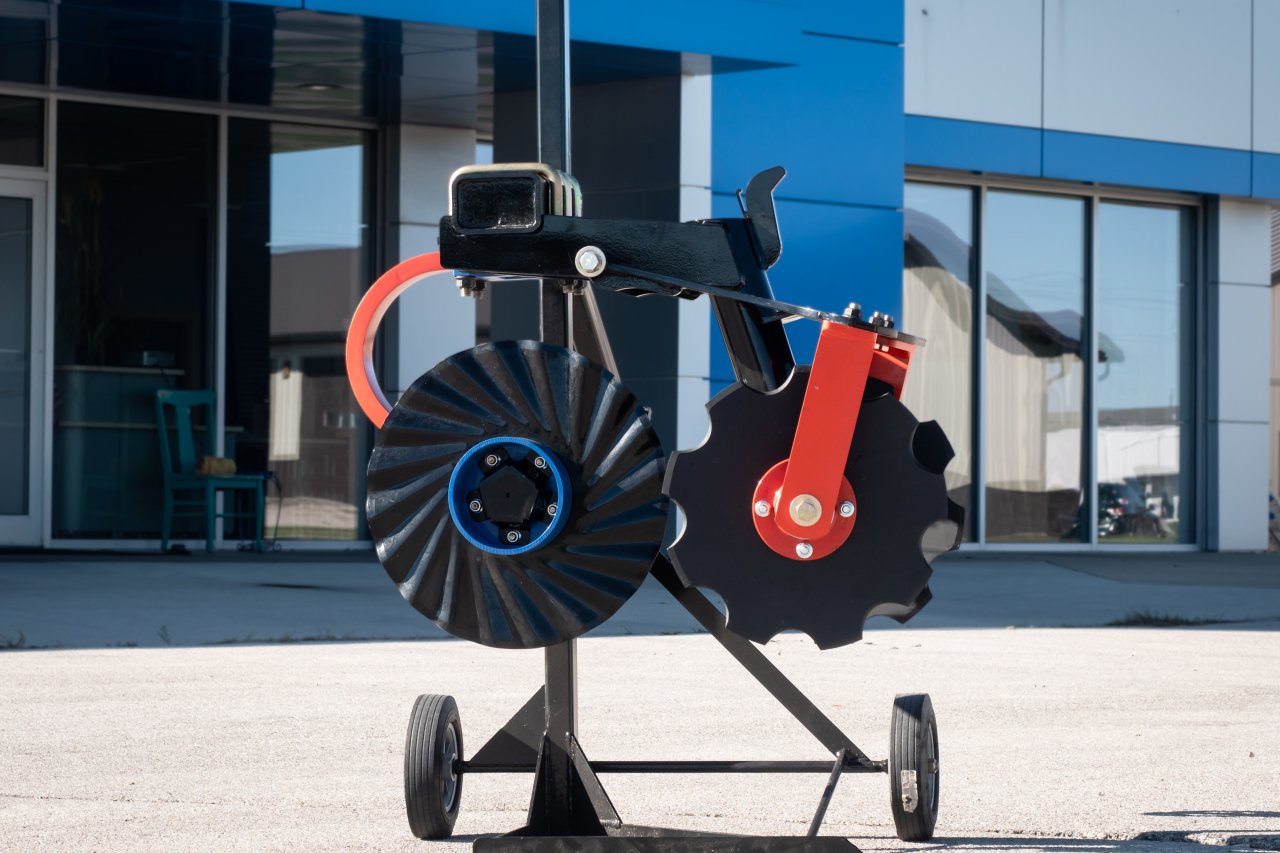Farmers across the continental United States and Canada need high-quality manure spreaders to ensure that their crops are strong and healthy. However, there are many types of spreaders on the market from which you can choose, each of which has benefits and disadvantages. Therefore, you need to fully understand each of these types and when to use them to ensure you get the best results.
The information in this article will focus on the proper use of manure application tools in your farm and will provide you with the insight you need to ensure your spread is as even as possible. Just as importantly, it will give you tips and insight into when to use these types of spreaders and to help you make the right purchasing decision when you buy one of these critical farming tools.
Solid Manure Distribution
Solid manure is one of the most regularly used types because it is less expensive and can be distributed in a variety of ways. For some models, the proper use of manure spreaders may involve simply a tractor that drops out a stream of fertilizer as you drive across your crops. However, other types of spreaders use more accurate types of spreading, such as flail spreaders, to achieve a more even effect.
Flail spreaders are typically used with dry manure and use a chain or another device to flail the manure out of the container box. Side discharge spreaders are usually used with wetter solid manure and use augers that keep the manure moving forward and out of the various distribution devices on the side of the tank. And spinner spreaders use a similar design but use spinning disks instead.
Typically, solid manure is a good choice if you have healthy and resilient crops that won’t react poorly to manure spread. It is also the right option if your soil has lost a lot of nutrients and needs a dense burst of vitamins and minerals to keep it strong. The type of spreader that you choose will vary based on your preferences, though spinners are often some of the most effective options.
Liquid Manure Systems That Apply to Soil Surfaces
Although solid manure is often used on many farms, liquid manure provides a pleasing alternative. Fertilizer of this type use manure spreaders that either put the manure directly on the soil or inject it right into the ground. Let’s start by taking a look at topsoil spreaders to get an idea of how they operate and the benefits that they provide for farms like yours.
First of all, liquid manure is a good choice if you want to minimize the smell on your farm. Any facility that is near a residential area may want liquid fertilizer because it absorbs in the soil quicker than solid forms and produces less of an odor. It also uses attachments, such as various types of nozzles and drop hoses, that equalizes the spread of manure and ensures that it decreases the smell even further.
Topsoil spreaders are an excellent choice if you want the manure to work its way down into the soil from the top. This distribution method ensures that more of your soil gets access to these elements and stays as healthy as possible. It also minimizes the chances of manure spreading into underground water sources, which is a critical part of manure management.
Liquid Manure Systems That Inject
Although topsoil spreaders are an excellent choice for a large number of individuals, many farms may benefit from the proper use of manure spreaders. These options use needles to inject manure into your soil directly. There are a few reasons why these options are a great choice. First of all, they reduce nutrient loss by getting the manure directly into the soil and also reduce your risk of water contamination.
As a result, these injectors are a good choice if you’re very near a source of water or have had problems with runoff in the past. Try to use these types of fertilizers on farms with weaker soil, as well, because they’ll boost the quality of the earth more quickly and ensure better-growing health. You can also use these injectors for certain types of crops, particularly those that require specific nutrient levels.
The injection method for those spreaders will vary based on a myriad of elements as well. For example, aerators will cut grooves into the soil where the manure is then directly injected. Other types of spreaders, such as concave disk spreaders, will add fertilizer to the ground after injection. Use these types if you want a spreader that gets manure both on the top and inside of your soil.
Choosing the Best Type of Manure
Although your spreaders will vary based on how they apply fertilizer to your farm, they also vary based on the type of manure that each uses. The manure type will then vary based on multiple elements, such as your soil type, the soil’s density, and the crops that you plan on growing. When you use manure, you will spread it evenly across your plants to ensure a spread that is as accurate as possible.
For example, you could use composted manure to create a dense and rich spread across the soil. Manure of this type is filled with a variety of different vitamins and minerals and is among the densest available. As a result, you’re probably going to have to spread this type with a solid-state spreader. However, you can also utilize granulated fertilizer – made up of smaller particles – to get a similar result.
Alternately, with the proper use of manure spreaders liquid or gaseous fertilizer can also be distributed. Liquid can be spread both with on-the-ground and beneath-the-soil spreader options. Gaseous fertilizer, however, is unique because it is less dense and requires more precise options like an injection. The type of fertilizer you use will vary based on your soil, so make sure you talk to your manure provider about your options.
Finding the Best Manure Spreader for Your Needs
As you can see, manure tools vary in a myriad of unique ways that make them an excellent choice for a large number of farms and businesses. Before you purchase one of these items for your farm, though, you need to make sure that you work with a professional you can trust and that works hard to identify the precise model that is right for your manure spreading and your specific farm at the same time.
So if you need manure spreaders anywhere in the continental United States or Canada, please don’t hesitate to contact us today. Our professionals can offer the advice you need on the proper use of manure spreaders, granting you access to the best tools currently available on the market.

